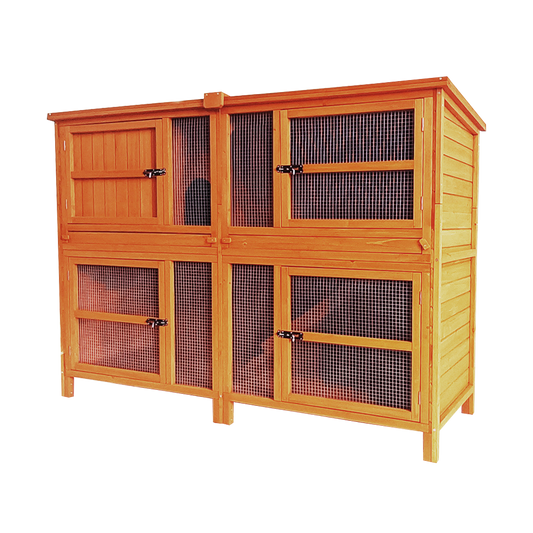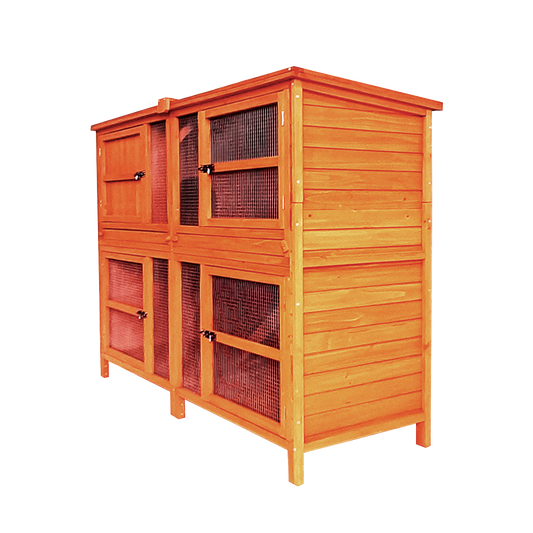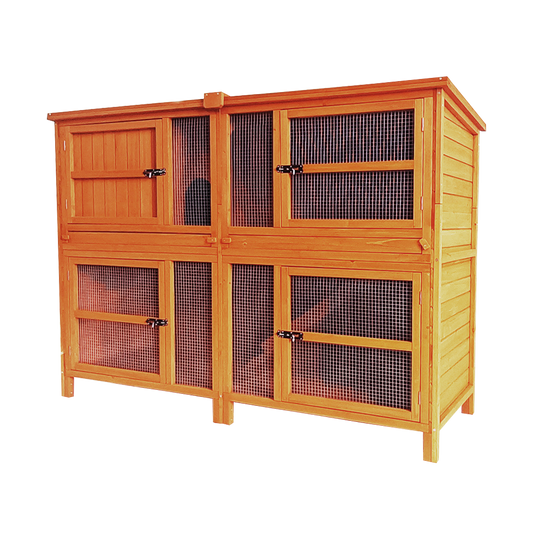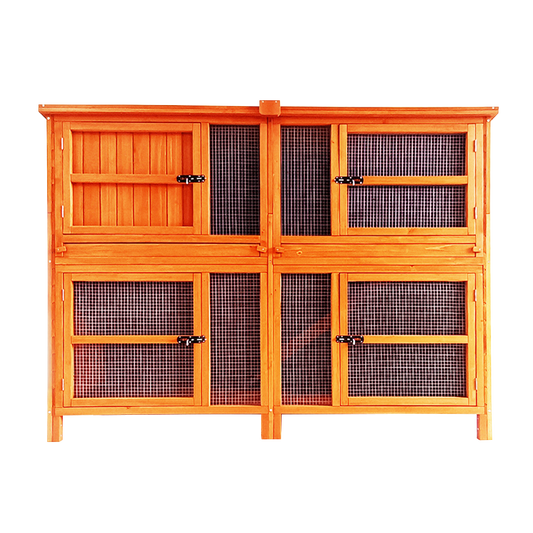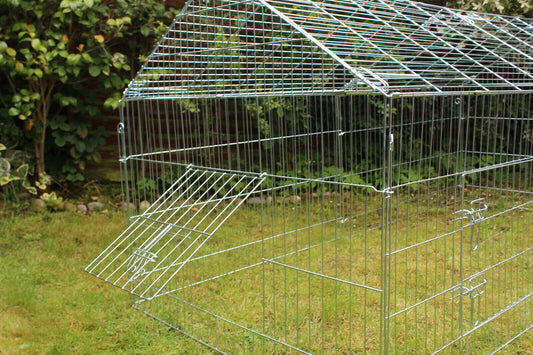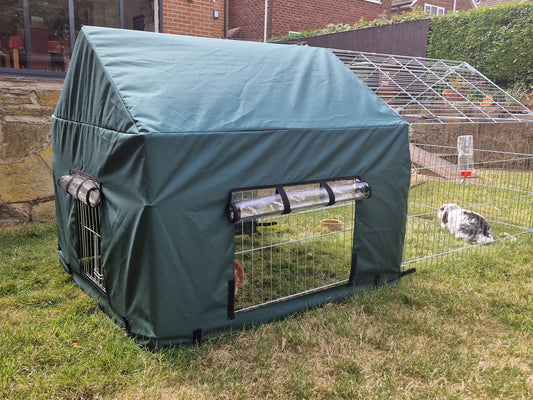While your pets are curled up snuggly in front of a fire this winter, spare a thought for the wildlife in your garden that may need a bit of extra help in getting through the season. To help you, here’s a handy guide on caring for wildlife this winter.
Know your birds
The RSPB says that winter can be a particularly tough time for garden birds so it’s a good idea if you can give them a helping hand. Before you start putting out bird food, it is important to know what birds you have visiting as different species will eat different things.
Sparrows and finches tend to favour seeds, tits prefer fat and starlings will eat most things!
The RSPB has a handy bird identifying tool on its website if you need help spotting some of the birds that are frequenting your garden.
The best leftovers
Some of your Christmas leftovers are suitable to be shared with the birds in your garden. Things like stale fruit cake, unsalted nuts and even grated cheese can provide a tasty treat for birds – but be careful where you scatter them if you have pets. Dried fruit is especially toxic to dogs and cats so you will need to make sure it is out of their reach.
Things to avoid are Brussels sprouts (which they probably wouldn’t eat anyway) and anything salty. Also, turkey fat is particularly dangerous to birds because it can stick to their feathers and stop them being waterproof.
Don’t put too much food out at any one time. It’s better to put a small amount out and keep an eye on what is being eaten. You can always top it up during the day and uneaten food is likely to go mouldy or attract unwanted visitors such as rats.
The importance of water
Even on the coldest days, birds still need to drink and bathe. You don’t need a proper bird bath as you can use an upturned bin lid or tray, but make sure it is deep enough to hold plenty of water as this means it will take longer to freeze.
Adding a sheet of black plastic to the bottom of your bird bath will help absorb heat more efficiently, delaying freezing. It is a good idea to position a bird bath in your garden’s sunniest spot to keep the water liquid for longer.
Badgers
Badgers do not hibernate and, during prolonged periods of freezing temperatures when the ground is frozen, they can struggle to find earthworms. If you know that you have badgers living near to you, you can help them out by supplying a small amount of food to get them through a cold snap. Cheese, peanuts, fruit and lightly cooked meat would be welcome.
Squirrels
Squirrels are very good at stashing away squirrell food to eat at times when it is naturally scarce but during the coldest times of the year you can help top up their stores.
Unsalted nuts such as hazelnuts, walnuts and almonds are good to offer squirrels, as well as chopped apple and carrot.
Pond life
If you have a pond in your garden, you may need to take steps if it freezes over to make sure wildlife can drink, as well as get in and out of the water. If the surface of your pond freezes over, do not attempt to hit the ice to crack it as this can send harmful shockwaves through the water. Instead, fill a pan with hot water and hold it on the ice until a hole has been melted.
To prevent your pond from freezing over in the first place, float a couple of plastic footballs or a plastic bottle with a few stones in it on the surface. They will make the water move more so it is less likely to freeze over.
Important note
When feeding wildlife, it is important to remember that you are just giving animals a little extra to help them through a lean time. If you give them too much food there is a danger that they could become dependent on non-natural food supplies and stop foraging for themselves.
Read more about small animals:


